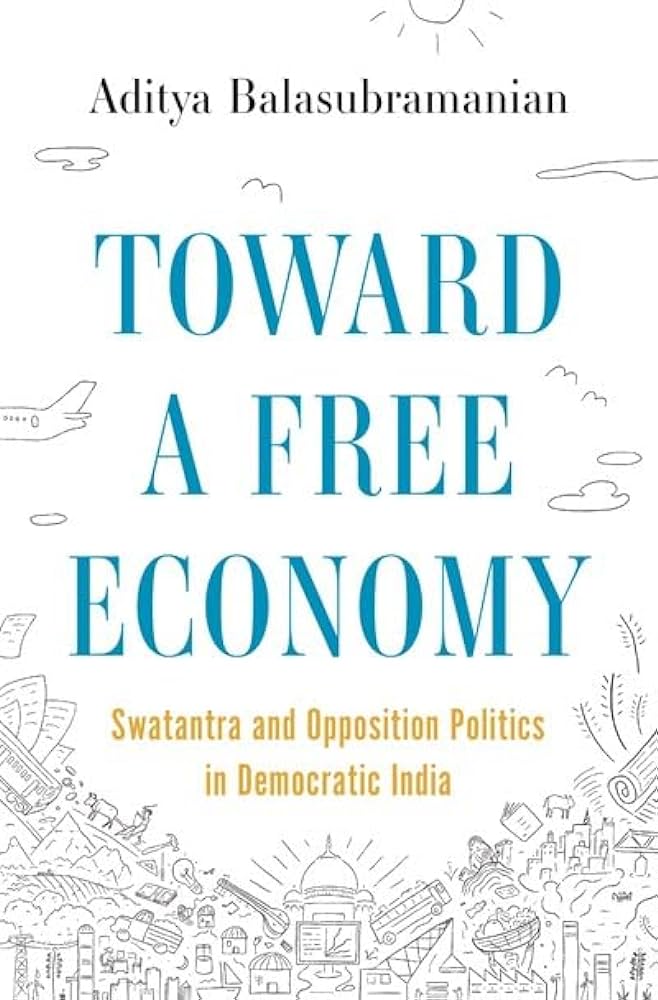NLSIU will host a public lecture by Dr. Udit Bhatia, titled “Funding Democracy: A Radical Alternative” on Tuesday, 19 December 2023 to be delivered.
About the speaker
Udit Bhatia is a political theorist whose research focuses on normative democratic theory, constitutionalism, and political epistemology. Some of his recent papers have examined the legal and normative status of political parties, asking how their internal rules should be configured. In other work, he has engaged with epistocracy, the notion that competent persons should enjoy exclusive or disproportionate political power. He is also interested in the history of political thought, especially in relation to democratic institutions.
Dr. Udit Bhatia is also co-investigator of the Pluralist Agreement and Constitutional Transformation (PACT) Project at NLSIU.
Abstract of the lecture
Corporate funding for election campaigns raise important democratic concerns around the world. This issue is especially pressing in India where the recently introduced electoral bonds scheme enables anonymous corporate donations to political parties. In response, many have advocated amendments to India’s campaign finance regime aimed at delivering greater transparency. I argue that such appeals fail to appreciate the limits of transparency. This is because transparency, by itself, is unable to promote the underlying democratic values that its advocates aspire towards. Next, I briefly explore state funding of elections before examining how private campaign finance could be made compatible with the normative values that animate calls for reform. I argue that requiring workers’ unions’ consent for corporate donations in elections offers an important way of mitigating the democratic concerns typically associated with corporate funding of elections. In doing so, I argue for a retrieval of neglected debates in the early years of the republic, which foregrounded workers’ role in corporate management.


 This Thursday’s public lecture will feature a conversation between faculty member Sushmita Pati and Aditya Balasubramanian, author of the newly released book, Toward a Free Economy: Swatantra and Opposition Politics in Democratic India (Princeton University Press, 2023). The conversation will be followed by a Q&A session.
This Thursday’s public lecture will feature a conversation between faculty member Sushmita Pati and Aditya Balasubramanian, author of the newly released book, Toward a Free Economy: Swatantra and Opposition Politics in Democratic India (Princeton University Press, 2023). The conversation will be followed by a Q&A session.